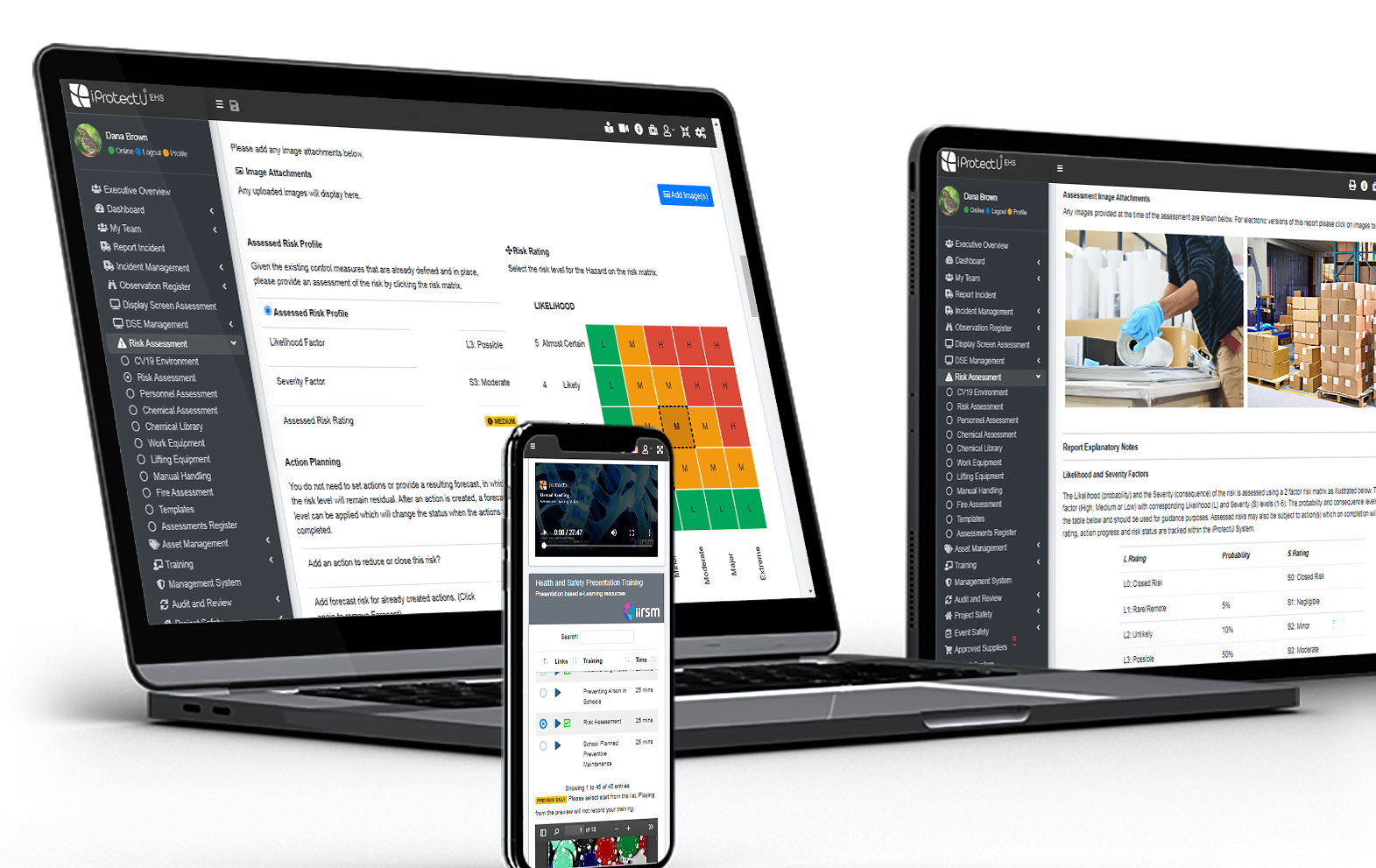
The Chemical Safety Mistake Many Companies Still Make
Many organisations are still making the same critical mistake with chemical safety: relying on outdated spreadsheets, paper files, or fragmented systems to manage COSHH risk
Health and Safety Software » Health and Safety Software News » Risk Assessment » Chemical Management » Pesticides Safety

Pesticides are substances used to control or eliminate pests, such as insects, weeds, fungi, and rodents. While pesticides can manage agricultural pests and prevent the spread of diseases, it is important to use them safely and responsibly to minimise potential risks to human health and the environment. Below are some key considerations regarding pesticide safety.
The safety of pesticides can vary considerably, depending on the specific chemical, concentration, and application. Always adhere to local regulations and guidelines when using pesticides. Contact your local waste management authorities for guidance on safe disposal methods. If you have specific concerns or questions about pesticide safety, it is advisable to consult with local agricultural extension services or environmental agencies for current information.
iProtectU provides workplace inspection forms and allows a user to create, edit and document a pesticides risk assessment.
iProtectU brings together the key resources and knowledge of three companies specialising in EHS software development, health and safety, business intelligence and data analytics.
Our vision is to provide fully integrated, cost effective and simple to use health and safety software tools that enable our clients to engage their entire team.
Arrange your demonstration
Let us show you how we can transform your health and safety, risk and compliance management
Please choose a date and time for your demo. We look forward to meeting with you.

Many organisations are still making the same critical mistake with chemical safety: relying on outdated spreadsheets, paper files, or fragmented systems to manage COSHH risk

iProtectU sponsor and present at the Ibec Academy OSH Seminar: how integrated safety software turns assessments into live risk intelligence with PDCA, automation and integration.

Building live organic risk intelligence with risk assessment software that empowers organisations to identify, evaluate and control workplace risks with ease.
Our cloud-based platform